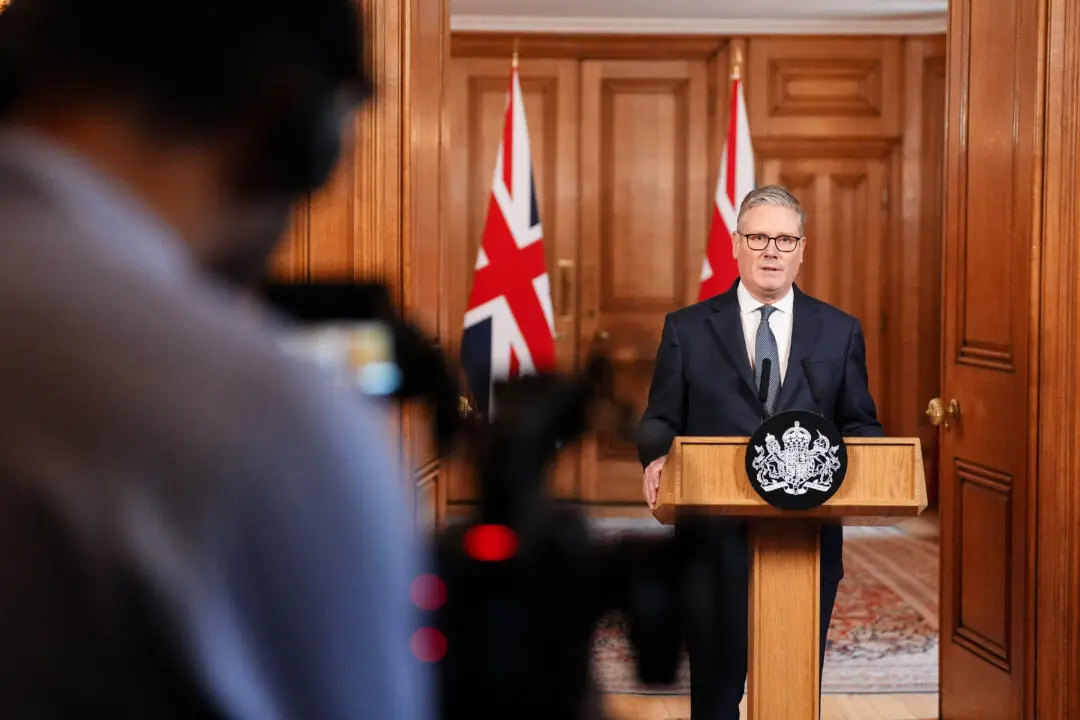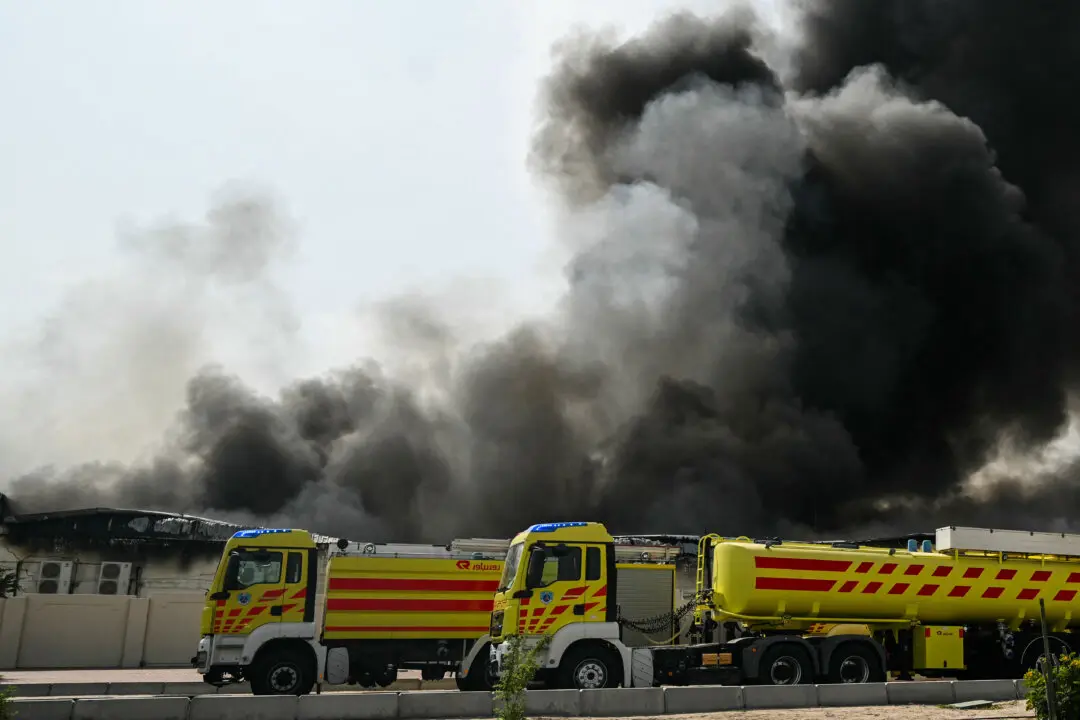British farmers are warning that recent shortages of fresh fruit and vegetables in Britain’s supermarkets are partly due to the government’s environmental protection department pursuing net zero policies.
In recent days, major British supermarkets have limited the sale of tomatoes and some other fresh produce after a combination of bad weather and transport problems in Africa and Europe caused supply shortages.





